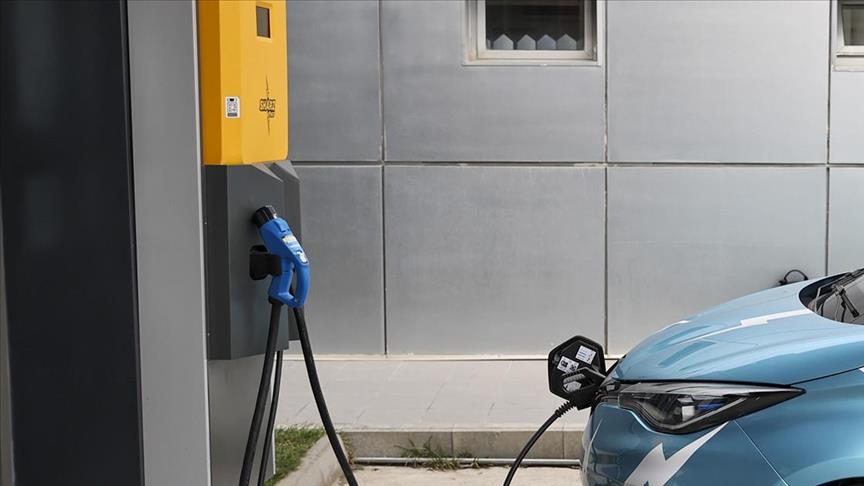There will be enough lithium and nickel metals to make up to 14 million battery electric vehicles (BEV) globally in 2023 - 55% higher than the current market projections even without Russian supplies, a recent study into the short-term availability of raw materials shows.
Transport & Environment (T&E), which carried out the study, calls on European governments to do more to shore up access to key metals to ensure its green energy security.
The study shows that in 2025, even if raw material supplies tighten and remain below battery factory capacity, 21 million BEVs could still be produced - almost 50% more than market estimates.
'However, this does not guarantee Europe's supply as the world's leading EV market,' the report warned, adding that growing electric car sales in China and the US mean competition for critical raw materials, with both countries introducing measures to ensure access to these.
- Concern over battery prices
The report also demonstrates genuine concern over the effect of a tight commodities market on battery prices.
'Structurally, a long period of low commodity prices has seen underinvestment in new metal mining, while short-term COVID-19-induced disruptions in supply chains and the war in Ukraine have added to pressure on prices,' the report explained.
Nonetheless, the report stated that mining and recycling companies are already reacting to high prices by announcing expansions, which should lead to prices stabilizing in the next few years.
Commenting on the report, Julia Poliscanova, a senior director at T&E, said: 'War in Ukraine has shown that we must wean ourselves off oil. The best way to do this is to go electric.'
'While China and the US are flexing their policy muscle to secure supplies of critical metals, European leaders are scouring the globe for more oil. Now is the time to focus on sourcing the sustainable raw materials the continent needs for our energy independence and a green future,' she said.
By Gulsen Cagatay
Anadolu Agency
energy@aa.com.tr


